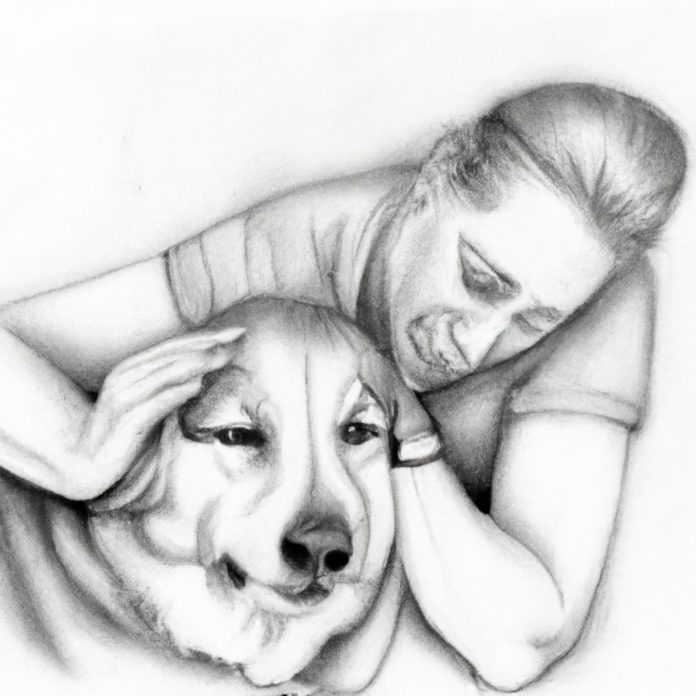Dear VetBabble,
I’m worried about my pet who has been receiving antibiotics and fluids through injections twice daily, but she’s not urinating properly, not eating anything, and vomiting yellow water. Could this be a potential kidney issue? Is there anything I should know about additional treatment options? Any advice or guidance would be appreciated.
Understanding Kidney Issues in Pets
First and foremost, we want you to know that we understand your concern for your pet, and it’s essential to communicate with your veterinarian about any symptoms you observe. While we can’t diagnose your pet without a proper consultation, the symptoms you described could be related to kidney issues. Kidney disease is a common problem in cats and dogs, and it can manifest in a variety of ways, including improper urination, loss of appetite, and vomiting. We highly recommend reading our articles on Kidney Disease in Cats and the Guide to Kidney Disease in Dogs for more information on the topic.
Urinary Issues in Pets
When it comes to pets experiencing difficulty urinating or displaying unusual urinary habits, there are various causes, ranging from urinary tract infections to kidney disease. It’s crucial to work closely with your vet and provide them with all the necessary information to help them determine the underlying issue. To learn more about urinary tract infections and their symptoms, we encourage you to read our article on Urinary Tract Infections in Dogs.
While antibiotics are commonly prescribed for urinary tract infections and other bacterial infections, it’s essential to remember that they are not always the answer. As we explain in our article, Why Shouldn’t Antibiotics Always be Prescribed for our Pets?, antibiotics target bacterial infections, and excessive use or misuse can lead to antibiotic resistance. This is why it’s crucial to consult with your veterinarian before starting any treatment to ensure it is the best course of action for your pet’s specific condition.
Next Steps for Your Pet’s Care
While we cannot provide a diagnosis or specific treatment recommendations without a consultation, we hope that the information provided in the links above can help guide you and your pet toward better health. It’s essential to maintain open communication with your veterinarian and let them know about any changes in your pet’s condition. They may suggest adjustments to the treatment plan or explore alternative treatment options.
In addition to working closely with your veterinarian, you should also monitor your pet’s overall well-being and comfort. Ensuring that your pet is well-hydrated, well-rested, and has a calm environment can promote their recovery process. However, remember that your veterinarian is the best source of information regarding your pet’s specific needs and treatment plan.
We wish you the best in your efforts to help your pet and hope that you find the information in our articles helpful. Remember, our experts are always here to provide additional guidance and assistance through consultation if needed. Stay informed, stay proactive, and, most importantly, stay positive for your beloved pet.









